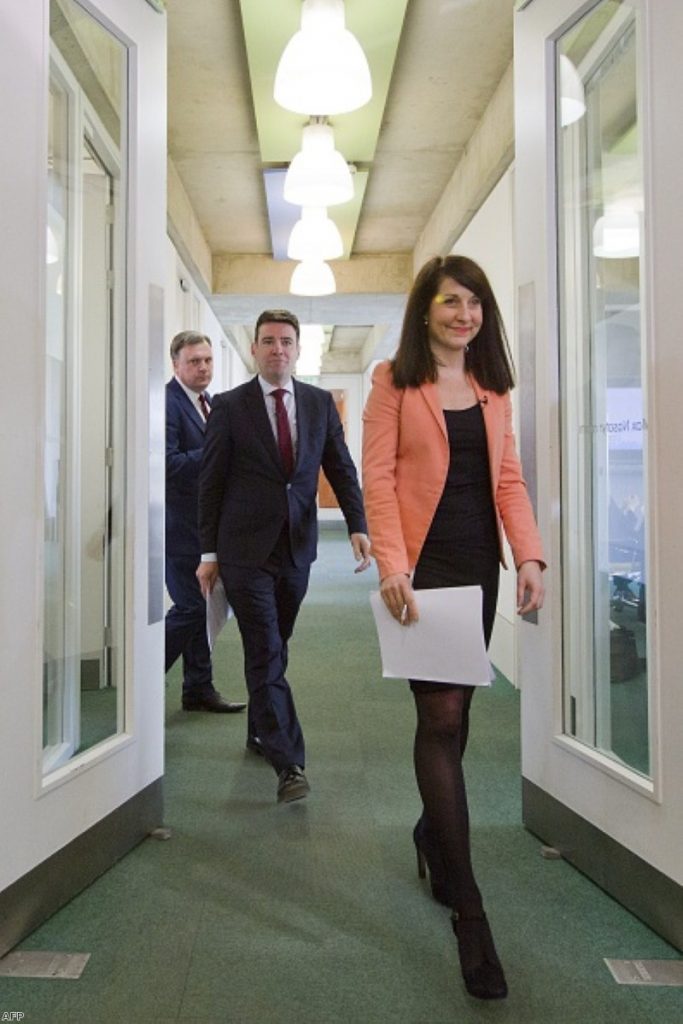Liz Kendall will lose unless she leaves her comfort zone
Liz Kendall's endorsement by Chuka Umunna and his entire leadership team confirms her as a serious contender in the race to be next Labour leader.
Umunna's backing means that Kendall is now almost certain to make it to the final shortlist of candidates alongside Burnham and Cooper.
It follows a Labourlist survey putting her in a strong second place in the race and suggests that momentum is building behind her as the preferred candidate of the right of the party.
However, these endorsements also highlight her big weakness: the narrowness of her support. None of the big names to back her so far have been in any way surprising. The vast majority are closely associated with the 'Blairite' or Progress wing of the party. By contrast Andy Burnham, who is currently being mischaracterised as a left-wing union placeman, has received several surprising endorsements, most notably from Lord Falconer and current rising star Dan Jarvis.


Her campaign has also been entirely focused on issues that excite those on the right – both inside and outside the party – but do nothing for those on the centre left. Choosing to launch your campaign by backing free schools and increased defence spending may excite members of the lobby, but it does little to win over the thousands of party activists and trade union affiliates who will actually decide this.
Of course it is still very early in the campaign. But the danger is that she has already allowed herself to be too deeply pigeon-holed as the hardline Blairite candidate.
Kendall's campaign does carry some advantages. The obvious lack of enthusiasm from party members for either of the more well known candidates in this race has allowed her to portray herself as the change candidate.
But if the only change on offer is a retreat to a Blairite agenda first assembled more than 20 years ago, then she could end up looking like the candidate most stuck in the past. This is most clearly seen in the endorsements she has gathered so far. The temptation for any insurgent campaign is to welcome support from wherever it comes. But while public backing from Umunna will undoubtedly be helpful, Kendall's team would be wise to tell the likes of Peter Mandelson to keep their thoughts to themselves.
David Miliband lost his own bid to become Labour leader by not sufficiently reaching out beyond his own wing of the party. Kendall has so far reached out even less.
Despite this, the opportunity for Kendall is clear. Although the clear frontrunner, there remain serious doubts about Burnham and little obvious enthusiasm for Cooper among party activists. Kendall is also right to challenge her party to move outside their comfort zone. The Labour party must challenge itself to step beyond it's narrow bounds of support if it has any hope of victory in 2020.
But this challenge works both ways. If any campaign is currently sitting in a comfort zone it is Liz Kendall's. In order to win she needs to start reaching out well beyond it.









